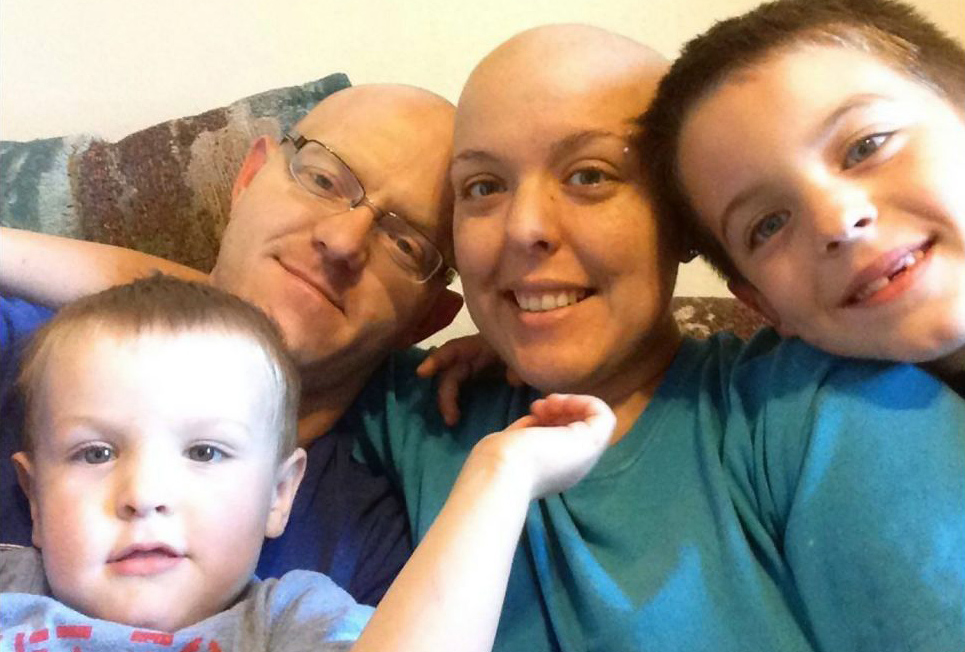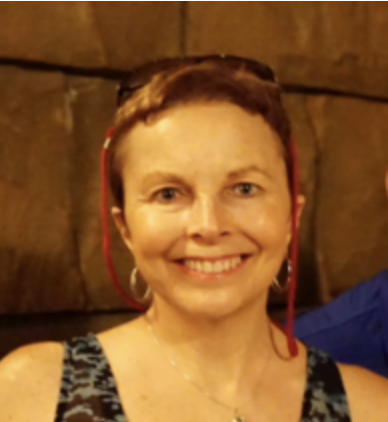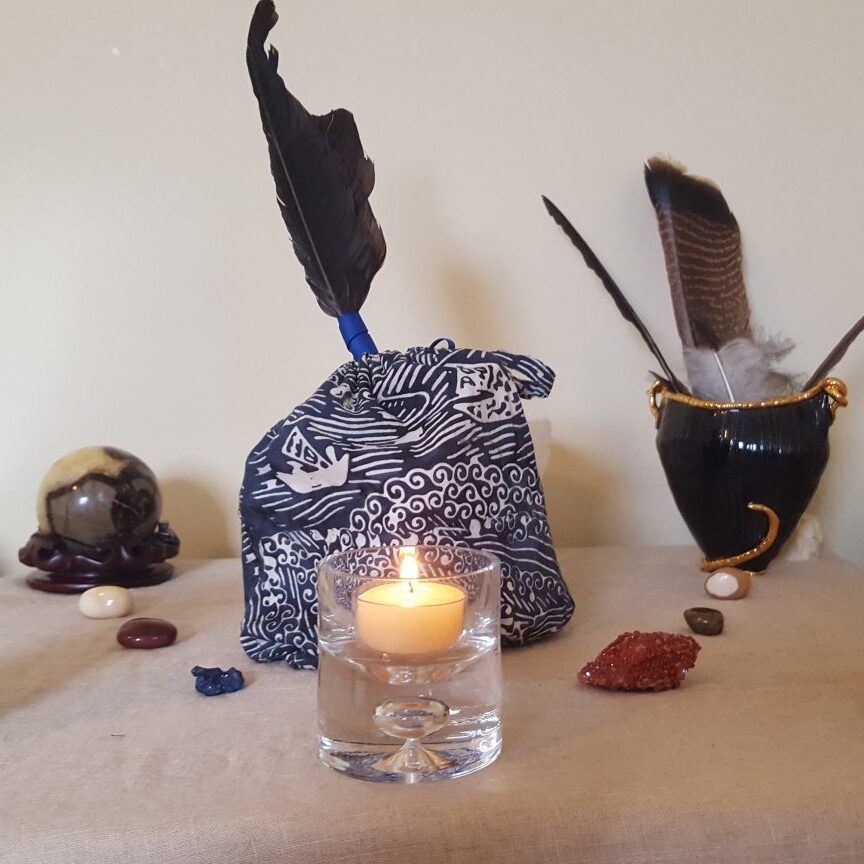Chris Cooper is a middle school band director in Big Lake, Texas. He is he author of From Hell to Happiness: How to Heal When Your Loved One is Terminal.
I lost my wife, Jenn Cooper aka “Coopdizzle”, to Stage IV cancer in December 2016. She was just 34 when she died.
There were several times where she was very close to death, but she hung on. Had she gone any of those times, it would have been so much better for everyone involved, including her.
Nothing about the last three weeks of her life was what she would have preferred. If she had had the option to peacefully end her life, it would have been so much better for her and for everybody around her. That is why I am a strong proponent of Death with Dignity.
After Death
I was so devastated after she died. I didn’t know how I would go on. I just assumed that the rest of my life was going to be absolutely miserable. I would never find love again, I would be a bad dad without Jenn to help me raise our two young boys: all of these thoughts about how awful life was going to be and how impossible it would be to keep on living.
Eventually I was able to turn that mindset around—with a lot of help. I realized that I do want to be alive for a long time. I’m 32; I still have so much life to live, I still have my health, and I still have my boys. I had to make sure I was OK to make sure my kids would be OK.

After Jenn died, I found myself at a strange crossroads. Part of me just wanted to be happy again; another part wasn’t sure how I could be happy in my life without my loved one, or if that was even appropriate.
Very early on after Jenn’s death, my kids were out playing with friends, having a good time. They weren’t thinking about their mom in that moment. One of their friends asked, “Are you happy right now?” They said, yes. The friend responded, “That’s messed up. Your mom just died.”
OK to be Happy Again
I had to explain to them that it’s OK to be happy again. You don’t have to be happy that your mom died in order to be happy about other things. Sometimes I have to remind myself that I’m not happy that she’s gone; I’m happy because there’s joy in life again.
My relationship with Jenn didn’t end; it just changed. Jenn stressed to me many times that she wanted me and my boys to be happy again. She felt guilt about the pain she would cause us by dying.
After she was gone, I realized if Jenn were able to see us, she would just feel worse if we continued to be sad for longer than what was necessary. That idea—that Jenn would not only approve of our being happy, but that would be what she would want—gave me permission to feel good again.
Sharing the Healing Process
I wanted to share my healing process with others who had experienced a loss similar to mine, especially at such a young age, in the hopes that the lessons I learned from Jenn’s struggle could help them process their grief and find happiness again. So I wrote From Hell to Happiness: How to Heal When Your Loved One is Terminal.
Most of the books that are available for caregivers of a terminal spouse are targeted for elderly caregivers. I’ve only found one that was written by someone close to my age, so I hope this book will help provide hope and support to caregivers around my generation. The people following me on social media overwhelmingly supported giving all qualified Americans the option of assisted death. Their support mirrors that of the U.S. population as a whole: 7 out of 10 Americans are in favor of this humane end-of-life option.
I hope my book can show people that grief is a necessary part of healing after you lose someone who’s really special. Life does change a lot, and some of that change is very painful. But that doesn’t mean it never gets good again.
One of the things that helped me the most in my recovery was seeing people who had been where I was and were happy again. That’s what I want to do for people: provide hope, guidance, and proof that it does get better.
That’s what Jenn would have wanted.

